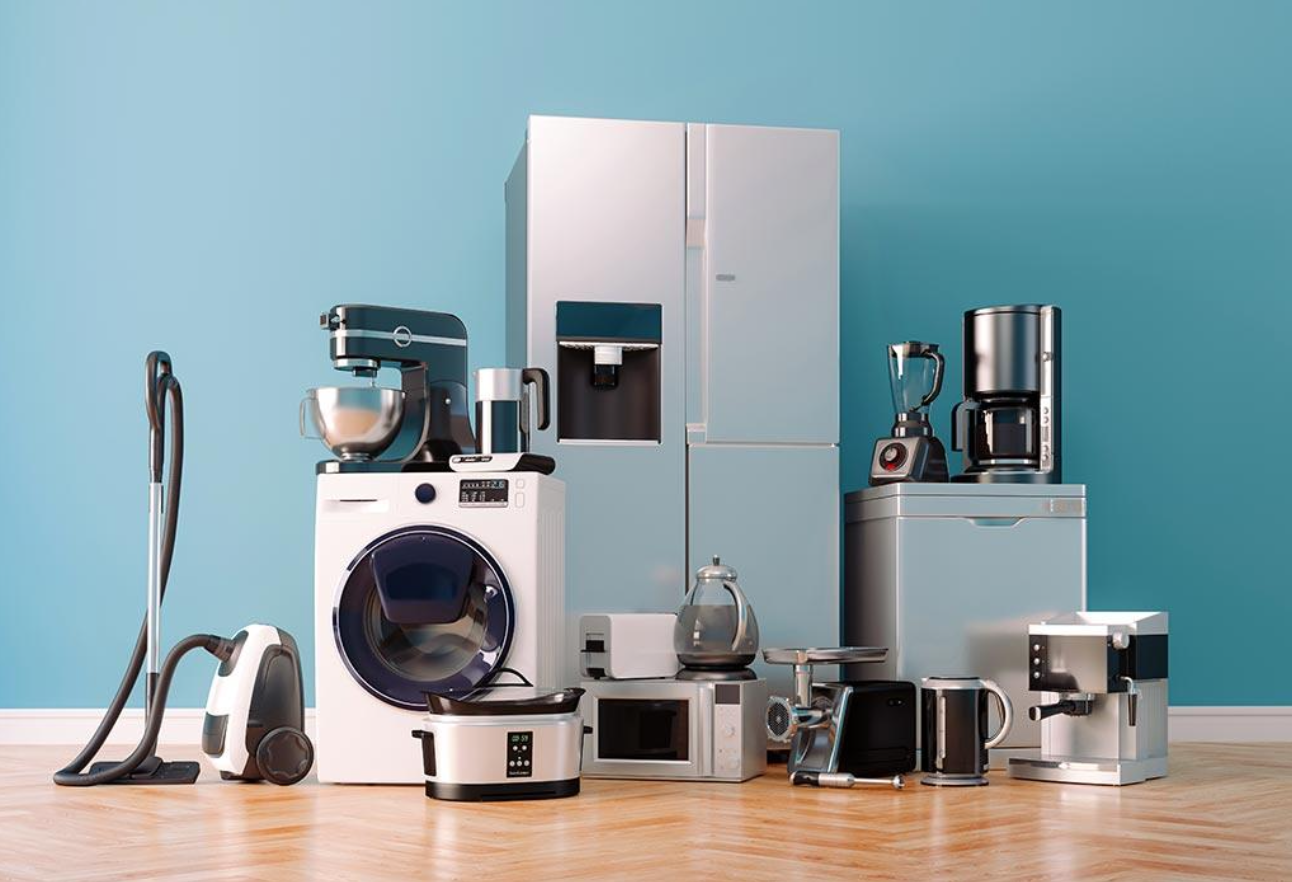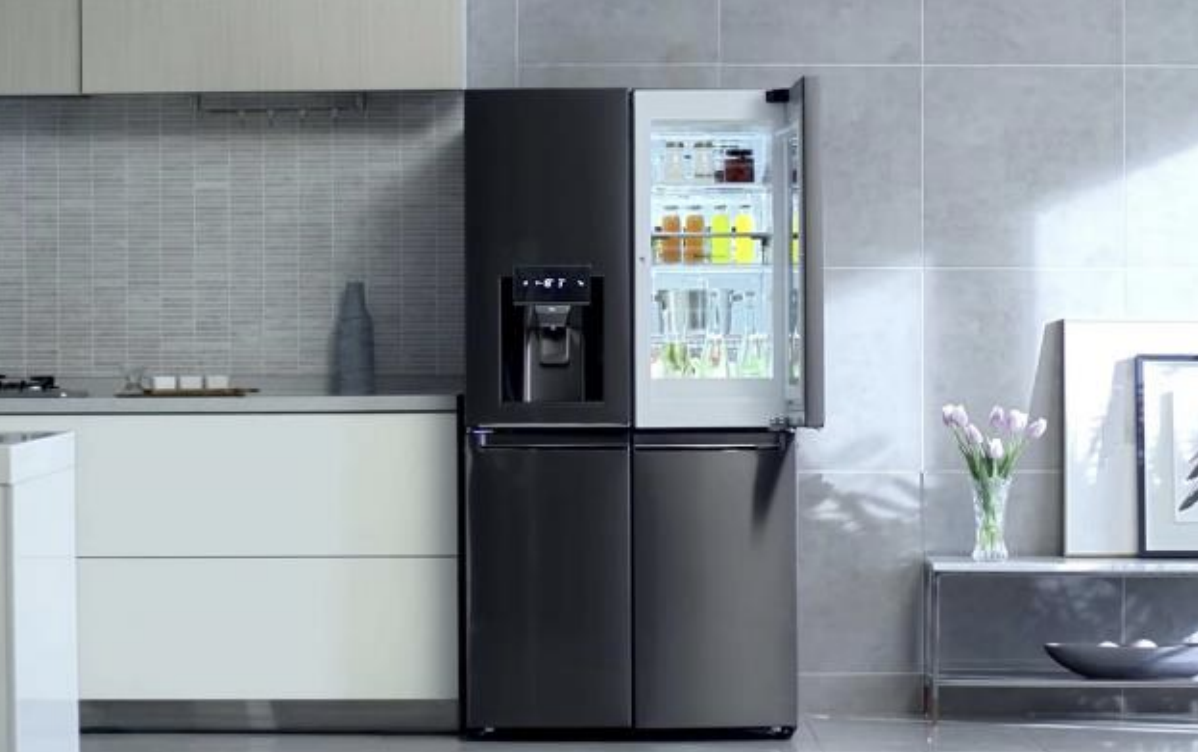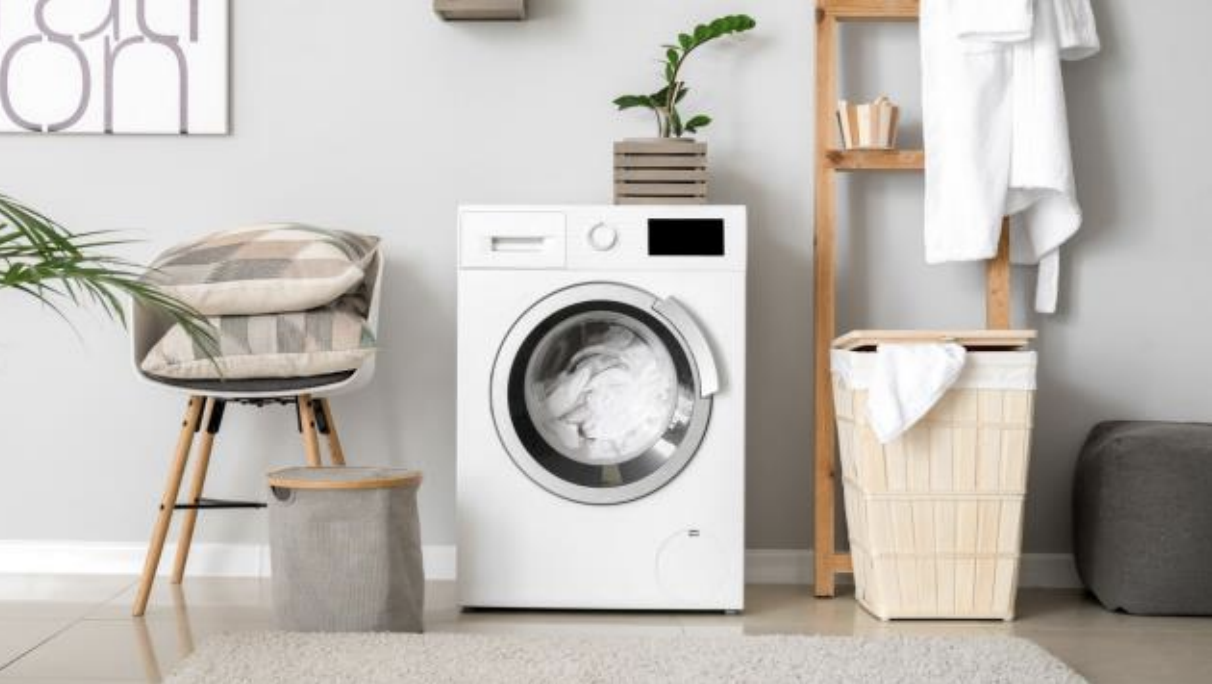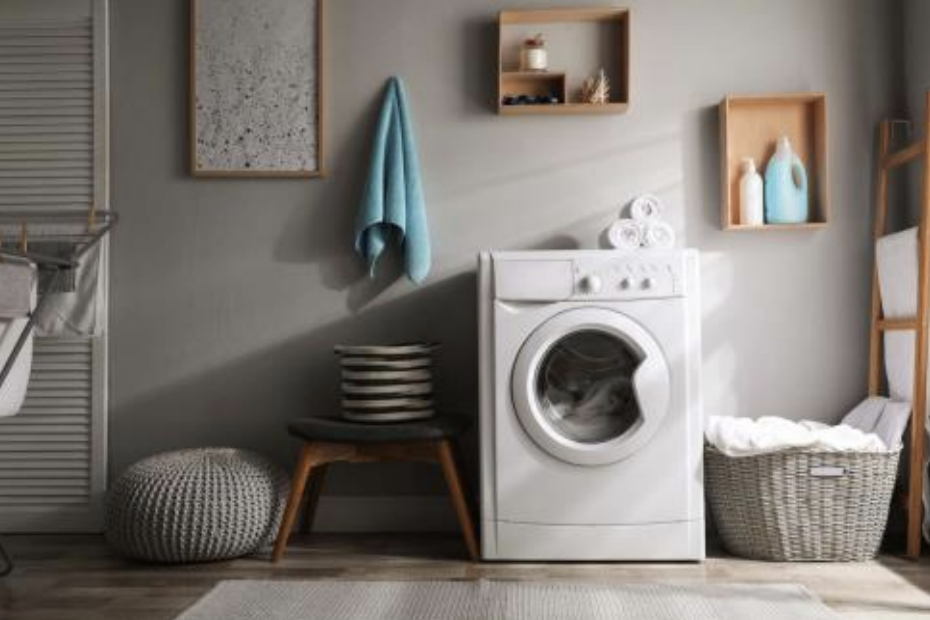
What’s the Average Life Expectancy of Household Appliances?
Understanding the lifespan of household appliances is crucial for homeowners. It helps in making informed decisions about repairs and replacements, ultimately saving money and hassle. Each appliance, be it a refrigerator or a washing machine, has its own lifespan influenced by factors like usage and maintenance. In this guide, we’ll explore the average life expectancy of common household appliances and provide tips for extending their lifespan.
Average Life Expectancy of Household Appliances:
 Refrigerators: Refrigerators are one of the most essential appliances in any home, and fortunately, they tend to have a relatively long lifespan. On average, a well-maintained refrigerator can last anywhere from 10 to 15 years. This longevity is attributed to the fact that refrigerators typically have fewer moving parts compared to other appliances, reducing the likelihood of mechanical failure. However, factors such as usage patterns, maintenance, and the quality of the appliance can influence its longevity. Older refrigerators tend to be less energy-efficient compared to newer models, so upgrading to an Energy Star certified refrigerator can not only extend its lifespan but also save on energy costs over time. Regular maintenance such as cleaning the coils and checking the door seals can also prolong the life of your refrigerator.
Refrigerators: Refrigerators are one of the most essential appliances in any home, and fortunately, they tend to have a relatively long lifespan. On average, a well-maintained refrigerator can last anywhere from 10 to 15 years. This longevity is attributed to the fact that refrigerators typically have fewer moving parts compared to other appliances, reducing the likelihood of mechanical failure. However, factors such as usage patterns, maintenance, and the quality of the appliance can influence its longevity. Older refrigerators tend to be less energy-efficient compared to newer models, so upgrading to an Energy Star certified refrigerator can not only extend its lifespan but also save on energy costs over time. Regular maintenance such as cleaning the coils and checking the door seals can also prolong the life of your refrigerator.
 Washing Machines: Washing machines are subject to frequent use and can experience wear and tear over time. The average lifespan of a washing machine typically ranges from 8 to 12 years. This lifespan can vary depending on factors such as the frequency of use, the type of loads being washed, and the quality of the machine itself. Regular maintenance, such as cleaning the lint trap and checking hoses for leaks, can help prolong its lifespan.
Washing Machines: Washing machines are subject to frequent use and can experience wear and tear over time. The average lifespan of a washing machine typically ranges from 8 to 12 years. This lifespan can vary depending on factors such as the frequency of use, the type of loads being washed, and the quality of the machine itself. Regular maintenance, such as cleaning the lint trap and checking hoses for leaks, can help prolong its lifespan.

Dryers: Like washing machines, dryers also have an average lifespan of 8 to 12 years. Proper venting and cleaning of lint traps are crucial for ensuring the longevity of your dryer. Additionally, avoiding overloading the dryer can prevent strain on its components, reducing the likelihood of premature failure.
Dishwashers: Dishwashers can last anywhere from 8 to 12 years with proper care. Like washing machines and dryers, a dishwasher’s lifespan can be influenced by factors like maintenance and usage patterns. Regular cleaning of filters, checking for leaks, and avoiding overloading can help extend the lifespan of your dishwasher. Hard water can also affect the performance and longevity of your dishwasher, so consider using a water softener if you live in an area with hard water.
 Ovens and Stoves: Ovens and stoves are built to withstand high temperatures and heavy use. With proper maintenance, they can last anywhere from 10 to 15 years or more. Cleaning spills promptly, replacing worn-out parts, and ensuring proper ventilation can help prolong the life of your oven and stove. Additionally, the quality of the appliance and the frequency of use can also influence its lifespan.
Ovens and Stoves: Ovens and stoves are built to withstand high temperatures and heavy use. With proper maintenance, they can last anywhere from 10 to 15 years or more. Cleaning spills promptly, replacing worn-out parts, and ensuring proper ventilation can help prolong the life of your oven and stove. Additionally, the quality of the appliance and the frequency of use can also influence its lifespan.
Several factors can influence the longevity of household appliances:
Quality: Higher quality appliances tend to have longer lifespans than their cheaper counterparts. Investing in reputable brands known for durability can pay off in the long run by reducing the likelihood of premature failure and the need for frequent repairs.
Maintenance: Regular maintenance is crucial for prolonging the lifespan of household appliances. Simple tasks such as cleaning, lubricating moving parts, and checking for leaks can prevent minor issues from escalating into major problems. Following the manufacturer’s recommended maintenance guidelines can help ensure that your appliances continue to perform optimally for years to come.
Usage: The frequency and intensity of usage can affect how quickly appliances wear out. Appliances that are subjected to heavy use may have shorter lifespans compared to those used less frequently. To extend the lifespan of your appliances, consider spreading out heavy usage over multiple appliances when possible and avoiding overloading them with tasks beyond their capacity.
To maximize the lifespan of your household appliances, consider the following tips:
- Regular Cleaning: Keep appliances clean to prevent dirt, dust, and grime buildup. Follow manufacturer instructions for cleaning to avoid damaging sensitive components.
- Proper Use: Use appliances according to their intended purpose and follow the manufacturer’s guidelines for operation. Overloading, improper use, or using the wrong settings can lead to premature wear and tear.
- Maintenance: Perform routine maintenance tasks such as changing filters, belts, and other wearable parts as recommended by the manufacturer. This helps prevent breakdowns and keeps appliances running efficiently.
- Ventilation: Ensure proper ventilation for appliances like refrigerators, washing machines, and dryers. Good airflow prevents overheating and helps maintain optimal performance.
- Leveling: Keep appliances level to prevent excessive vibrations, which can lead to mechanical problems over time. Use a level to check and adjust as needed.
- Avoid Overloading: Don’t overload washing machines, dishwashers, or refrigerators. This can strain the motor and other components, leading to premature failure.
- Soft Water: If your area has hard water, consider installing a water softener. Hard water can cause mineral buildup in appliances like dishwashers and washing machines, reducing their efficiency and lifespan.
- Regular Inspections: Periodically inspect appliances for signs of wear, damage, or leaks. Catching problems early can prevent them from escalating into costly repairs or replacements.
- Power Surges: Use surge protectors to safeguard appliances from electrical surges and spikes, which can damage sensitive electronics.
- Proper Storage: When storing appliances, clean them thoroughly, ensure they are dry, and store them in a dry environment to prevent rust and corrosion.
- Use Energy-Efficient Settings: Opt for energy-saving modes or settings when available. Not only does this save energy, but it can also reduce wear and tear on appliances.
- Follow the Manual: Always refer to the manufacturer’s manual for specific care and maintenance instructions tailored to your appliance.
By following these tips, you can maximize the lifespan of your household appliances and get the most out of your investment.
When to Consider Replacement
Despite your best efforts to maintain your appliances, there may come a time when replacement is inevitable.
Signs that it may be time to replace an appliance include:
- Frequent breakdowns or repairs are becoming increasingly costly
- Decreased efficiency or performance, such as longer drying times for clothes or inconsistent temperature control in ovens
- Loud or unusual noises during operation, which may indicate underlying mechanical issues
- Visible signs of wear and tear, such as rust, corrosion, or cracks in the appliance’s exterior or interior components
- Outdated technology or features compared to newer models, which may result in reduced energy efficiency or compatibility with modern conveniences
Understanding the average life expectancy of household appliances is essential for homeowners looking to budget wisely and prolong the lifespan of their appliances. By familiarizing yourself with the typical lifespan of common household appliances, identifying factors that can influence longevity, implementing maintenance best practices, and knowing when to consider replacement, you can ensure that your appliances continue to serve you well for years to come, saving you time, money, and frustration in the long run.



